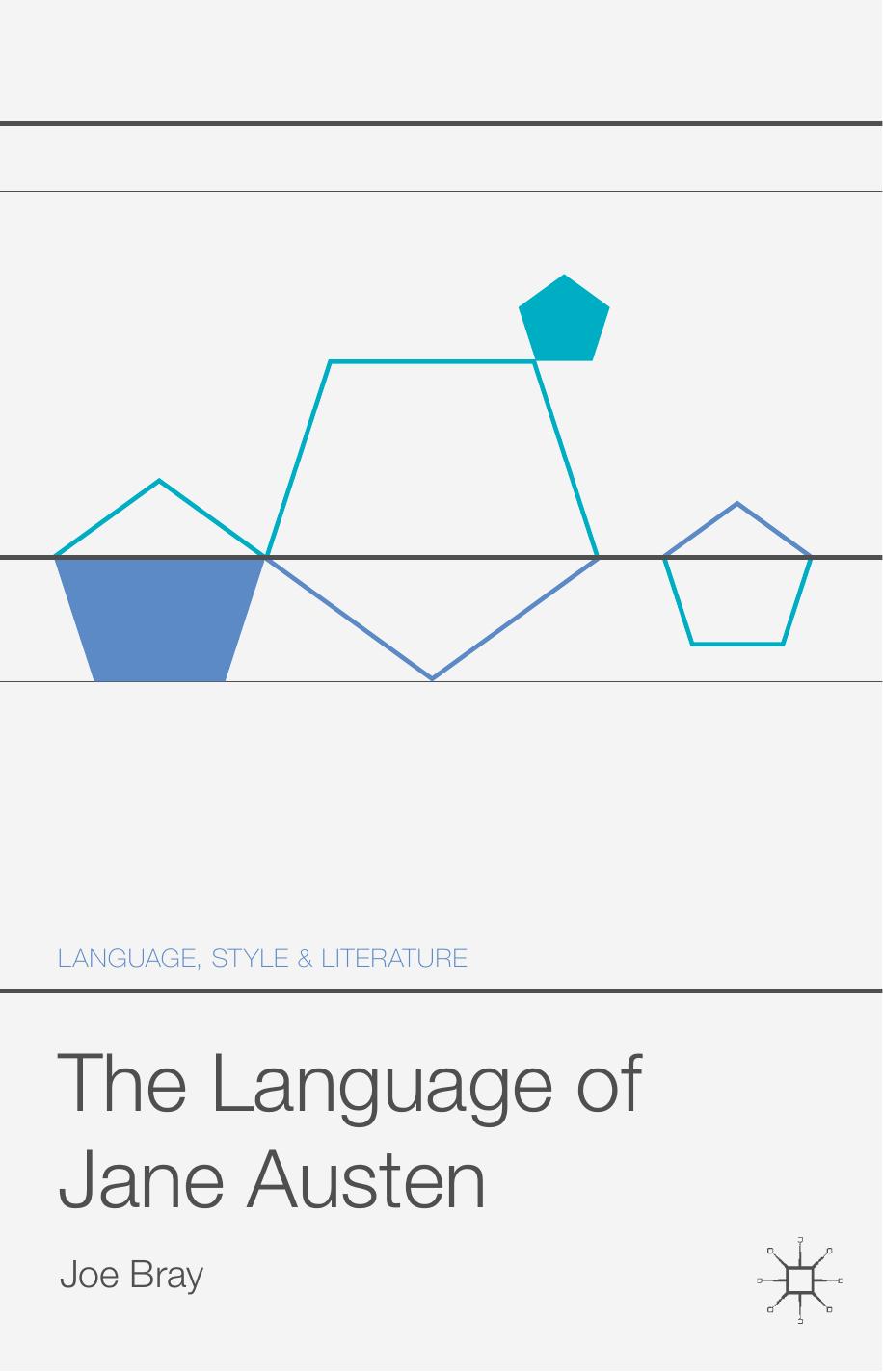The Language of Jane Austen by Joe Bray

Author:Joe Bray
Language: eng
Format: epub, pdf
Publisher: Springer International Publishing, Cham
Yet although these plans may be detailed fully, why exactly she is constantly adopting such schemes, and what intentions lie behind them, remains unclear. As Patricia Meyer Spacks notes, ‘Lady Susan speaks and writes always of feeling but seldom claims the emotion she really experiences’ (1989: 64), since for her ‘real feeling must be denied, suppressed, disguised’ (65). Even Lady Susan’s letters to Mrs. Johnson reveal little other than what Spacks calls her ‘will to power’ (65). As events rush towards a frenetic conclusion in London, where Lady Susan has gone in order to meet Manwaring, her exchanges with Mrs. Johnson and Reginald, who is still pursuing her, reveal the almost farcical comings and goings, which result in Reginald finally learning the truth about her relations with Manwaring through bumping into his distressed, jealous wife at the Johnsons’s house (Mr. Johnson is her legal guardian). Again though Lady Susan’s feelings at the unravelling of all her schemes are left opaque. In a brief letter to Reginald she simply accepts defeat: ‘I am satisfied—& will trouble you no more when these few Lines are dismissed’ (70). She seems similarly unconcerned by Mrs. Johnson’s announcement that they must, at her husband’s request, give up their correspondence: ‘I yield to the necessity which parts us. Under such circumstances you could not act otherwise’ (71). After her complaint in this letter that ‘I am tired of submitting my will to the Caprices of others—of resigning my own Judgement in deference to those, to whom I owe no Duty, & for whom I feel no respect’ (72) it comes as a surprise, to say the least, to learn in the Conclusion that three weeks after Frederica’s return to Churchill ‘Lady Susan announced her being married to Sir James Martin’ (77).
This example of an epistolary work from early in Austen’s career suggests an awareness then that the letter can be an opaque, unreliable form. Lady Susan’s letters are often as carefully crafted and as captivating as her behaviour, especially those to her potential suitors, reflecting her own belief, in the context of her daughter, that ‘artlessness will never do in Love matters, & that girl is born a simpleton who has it either by nature of affectation’ (36). While she certainly reveals more in her letters to her confidante Mrs. Johnson, these too are often lacking in emotion, and rarely reveal the motivations behind her actions. The letter allows Lady Susan to remain both enigmatic and elusive, and to present different sides of her character to different correspondents; it is the perfect form for, in Mrs. Vernon’s words, a ‘Mistress of Deceit’ (47). As her schemes unfold and eventually unravel, their impact on the feelings of others, including Reginald, Frederica, Sir James and the Manwarings, are also often hidden, only able to be glimpsed, if at all, in the interstices between letters, in what is left unwritten as much as what is. In this early experimental work Austen explores then the potential complexities of the epistolary
Download
This site does not store any files on its server. We only index and link to content provided by other sites. Please contact the content providers to delete copyright contents if any and email us, we'll remove relevant links or contents immediately.
Still Me by Jojo Moyes(11266)
On the Yard (New York Review Books Classics) by Braly Malcolm(5525)
A Year in the Merde by Stephen Clarke(5430)
Eleanor Oliphant Is Completely Fine by Gail Honeyman(5282)
The Bookshop by Penelope Fitzgerald(3854)
How Music Works by David Byrne(3270)
Surprise Me by Kinsella Sophie(3113)
Pharaoh by Wilbur Smith(2993)
Why I Write by George Orwell(2955)
A Column of Fire by Ken Follett(2613)
Churchill by Paul Johnson(2587)
The Beach by Alex Garland(2561)
The Songlines by Bruce Chatwin(2557)
Aubrey–Maturin 02 - [1803-04] - Post Captain by Patrick O'Brian(2306)
Heartless by Mary Balogh(2259)
Elizabeth by Philippa Jones(2206)
Hitler by Ian Kershaw(2199)
Life of Elizabeth I by Alison Weir(2086)
Harry Potter and the Cursed Child by J. K. Rowling & John Tiffany & Jack Thorne(2066)
